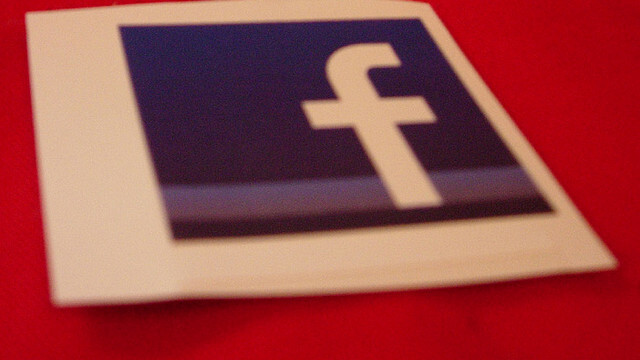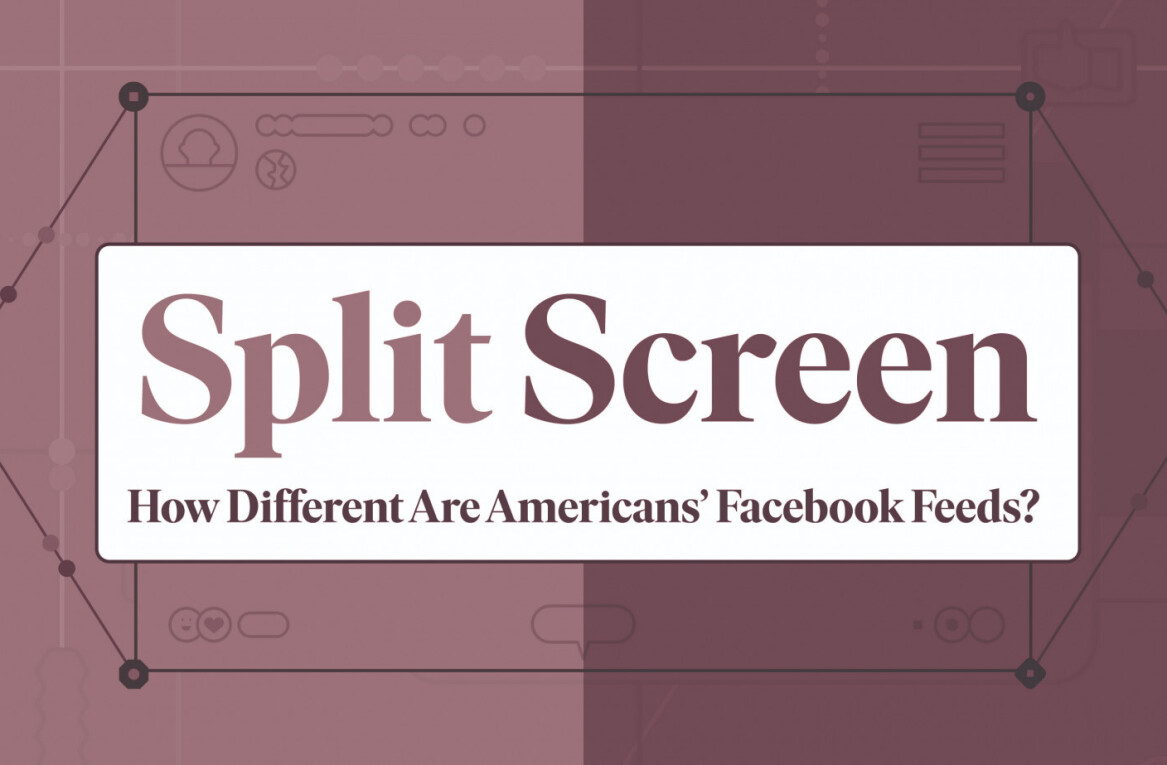
By announcing the upcoming launch of its own App Center today, Facebook has once again placed itself in the lead when it comes to social, by allowing you to find all of the web and mobile apps that are social-enabled.
When you’re looking for apps on say, Apple’s App Store, finding the apps that are awesome for their social features is nearly impossible. Facebook is now suggesting that you skip Google Play and the App Store for discovery and head right on over to its own App Center. This is Facebook’s way of telling you that if it’s not social, it’s not worth trying. These are the folks that told us to share our organ donator status with the world, remember?
That’s a pretty big deal, I think. The bigger deal though is that Facebook, whether it wants to admit it or not, is setting itself up to be a huge player if it were to ever launch its own phone or operating system.
Every once in a while, a story about a possible “Facebook Phone” pops up and gets shut down almost immediately by the company. However, today’s announcement sure looks like the groundwork to something much larger than a directory of social apps. Something Facebook has gotten very good at is developer relations, that is, building really strong relationships with developers and promoting their work.
Those relationships could easily be translated into the core of what could become Facebook’s own operating system, mobile or otherwise. By creating social features, like Open Graph, which have caused some apps to grab users at a record pace, developers are going to be open to whatever Facebook is working on in the future.
If the company had tried to launch its own phone a year ago, I don’t think that developers would have been ready to turn their attention to creating apps on yet another platform. This is the problem that plagued Android at first, but has since subsided with the success of Angry Birds and Instagram on its platform.
Developer relations
By showing Facebook’s potential value up front by igniting downloads and interest for apps that weren’t doing all that well before Open Graph, the door has been kicked wide open for whatever “next steps” Facebook is working on.
When Apple launched the iPhone and its App Store, it asked developers to blindly trust the fact that the company cared deeply about them and would build a world-class OS to develop apps for as well as a wonderful experience for users to find said apps. The company has mostly followed through on these promises, although the discovery process for finding apps hasn’t been iterated on all that much.
Developer relations shouldn’t be taken lightly, just ask Microsoft about its efforts to bring top-tier developers to its Windows Phone platform. It’s not easy at all, but Facebook has found a way to become a developer’s best friend without having a full-blown platform to build on top of.
Why not?
While I have no insider knowledge of a Facebook operating system, the only question that I can come up with is “why the hell not?”. By having the social infrastructure mastered already, Facebook has a company full of hackers that could build a best-of-class mobile operating system if it wanted to.
There’s no greater control a company can have over your day-to-day life and experience than being the operating system behind the apps that you use often, and that has to be something that Facebook is considering as it becomes a publicly traded company.
Get the TNW newsletter
Get the most important tech news in your inbox each week.





